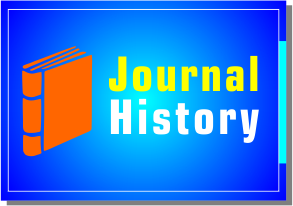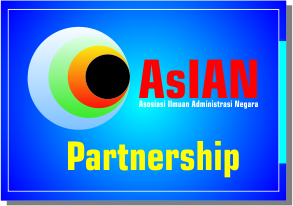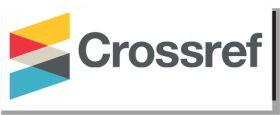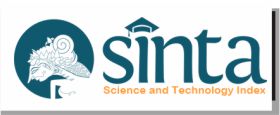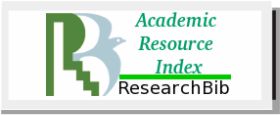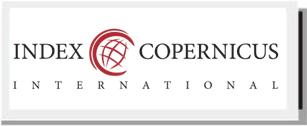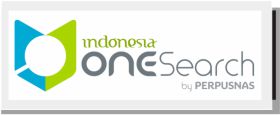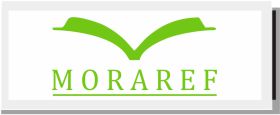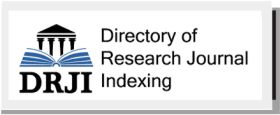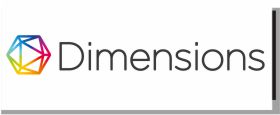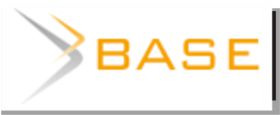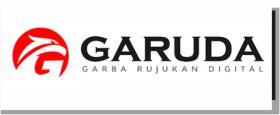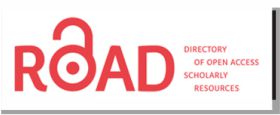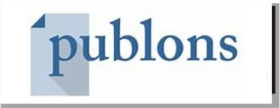Motivasi dan Prospeknya dalam Meningkatkan Kinerja Organisasi : Tinjauan Literatur
Abstract
The coal industry in Indonesia is one of the most promising sectors, with trillions of rupiah in revenue each year. However, the rapid growth of this industry is not proportional to the risks it generates. Many coal companies still do not pay attention to This study aimed to determine employee motivation problems on organization performance and its prospects. An effective employee motivation system can inspire employee morale, improve employee productivity, enhance product quality, and create cohesion in the organization. Theories and motivation strategies that encourage the workers to improve their job performance were analyzed. The study adopts secondary sources of data collection for an overall understanding of the subject matter. However, many existing problems have negative impacts on the effective implementation of employee motivation systems. It was argued that there are many ways to enhance the performance of employees in an organization, in this manner, managers ought to endeavor to move forward their proficient quality, make an organizational culture, apply broadened inspiration strategies, pay consideration to representative preparing and career administration, use a complete set of benefits services, implement effective communication channel, set up an evenhanded installment framework as well as construct a great execution assessment framework.
ABSTRAK :
Penelitian ini bertujuan untuk mengetahui masalah motivasi karyawan terhadap kinerja organisasi dan prospeknya. Sistem motivasi karyawan yang efektif dapat menginspirasi semangat kerja karyawan, meningkatkan produktivitas karyawan, meningkatkan kualitas produk, dan menciptakan kohesi dalam organisasi. Teori dan strategi motivasi yang mendorong para pekerja untuk meningkatkan kinerja mereka dianalisis. Penelitian ini mengadopsi sumber data sekunder untuk mendapatkan pemahaman yang menyeluruh tentang pokok bahasan. Namun, banyak masalah yang ada memiliki dampak negatif pada implementasi sistem motivasi karyawan yang efektif. Dikatakan bahwa ada banyak cara untuk meningkatkan kinerja karyawan dalam suatu organisasi, dengan cara ini, manajer harus berusaha untuk memajukan kualitas mahir mereka, membuat budaya organisasi, menerapkan strategi inspirasi yang diperluas, memperhatikan persiapan perwakilan dan administrasi karir, menggunakan satu set layanan tunjangan yang lengkap, mengimplementasikan saluran komunikasi yang efektif, membuat kerangka kerja cicilan yang adil serta membangun kerangka kerja penilaian eksekusi yang hebat.
Keywords
Full Text:
PDFReferences
Daftar Pustaka
Amabile, T. M., Hill, K. G., Hennessey, B. A., & Tighe, E. M. (1994). The Work Preference Inventory: assessing intrinsic and extrinsic motivational orientations. Journal of personality and social psychology, 66(5), 950.
Armstrong, M., & Stephens, T. (2005). A handbook of employee reward management and practice. Kogan Page Publishers.
Behn, R. D. (2000). Performance, people, and pay. Bob Behn’s Public Management Report, 1-6.
Cokins, G. (2009). Performance management: Integrating strategy execution, methodologies, risk, and analytics. John Wiley & Sons.
Cook, D. A., & Artino Jr, A. R. (2016). Motivation to learn: an overview of contemporary theories. Medical education, 50(10), 997-1014.
Dike, E. E. (2019). Motivation and Organizational Performance: Problems and Prospects. International Journal of Academic Management Science Research (IJAMSR), 3(4).
Dobre, O. I. (2013). Employee motivation and organizational performance. Review of applied socio-economic research, 5(1).
Ferdinand, D. P. (1974). Management, Tasks, Responsibilities, Practices.
Goodsell, C. T. (2010). Mission mystique: Belief systems in public agencies. Sage.
Jordan, P. J., & Lawrence, S. A. (2009). Emotional intelligence in teams: Development and initial validation of the short version of the Workgroup Emotional Intelligence Profile (WEIP-S). Journal of Management & Organization, 15(4), 452-469.
Lindenberg, S., & Steg, L. (2007). Normative, gain and hedonic goal frames guiding environmental behavior. Journal of Social issues, 63(1), 117-137.
Locke, E. A., & Latham, G. P. (2004). What should we do about motivation theory? Six recommendations for the twenty-first century. Academy of management review, 29(3), 388-403.
Locke, E. A., & Latham, G. P. (2013). Work motivation: The high-performance cycle. In Work motivation (pp. 3-25). Psychology Press.
Maduka, C. E., & Okafor, O. (2014). Effect of motivation on employee productivity: A study of manufacturing companies in Nnewi. International Journal of Managerial Studies and Research, 2(7), 137-147.
Maslow, A. H. (1954). The instinctoid nature of basic needs. Journal of personality.
Meyer, K. E., & Peng, M. W. (2005). Probing theoretically into Central and Eastern Europe: Transactions, resources, and institutions. Journal of international business studies, 36, 600-621.
Paarlberg, L. E., & Lavigna, B. (2010). Transformational leadership and public service motivation: Driving individual and organizational performance. Public administration review, 70(5), 710-718.
Pulakos, E. D. (2004). Performance management: A roadmap for developing, implementing and evaluating performance management systems (pp. 1-42). Alexandria, VA: SHRM foundation.
Ramus, C. A., & Killmer, A. B. (2007). Corporate greening through prosocial extrarole behaviours–a conceptual framework for employee motivation. Business strategy and the Environment, 16(8), 554-570.
Scott Jr, W. E. (1976). The effects of extrinsic rewards on “intrinsic motivation”: A critique. Organizational Behavior and Human Performance, 15(1), 117-129.
Shapira, Z. (1976). Expectancy determinants of intrinsically motivated behavior. Journal of Personality and Social Psychology, 34(6), 1235.
Vroom, V. H. (1964). Work and motivation.
DOI: https://doi.org/10.31334/transparansi.v7i1.3732
Copyright (c) 2024 Transparansi : Jurnal Ilmiah Ilmu Administrasi

This work is licensed under a Creative Commons Attribution-ShareAlike 4.0 International License.
View My Stats
Transparansi : Jurnal Ilmiah Ilmu Administrasi
Email :[email protected]
Website:https://ojs.stiami.ac.id/index.php/transparansi
LISTED & INDEXED :


